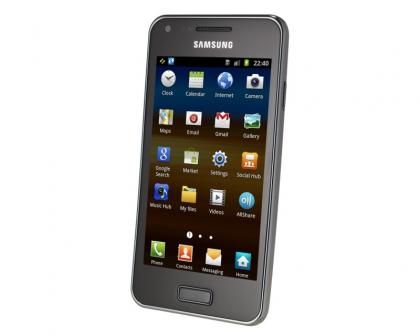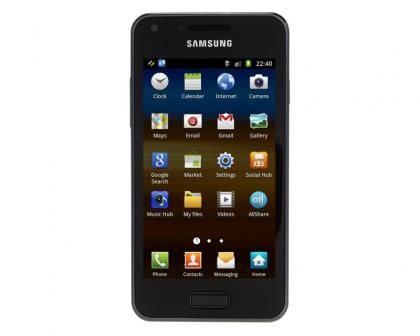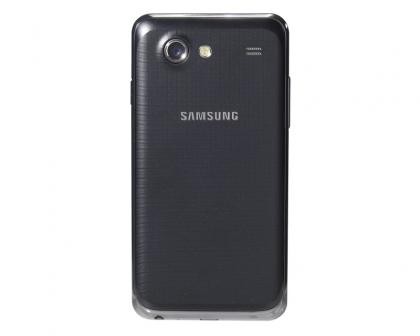The Samsung Galaxy S Advance is a lesser model than its Samsung Galaxy S3 sibling, but it’s still a desirable and stylish smartphone nonetheless.
Yes, it has the aging Android 2.3 Gingerbread operating system and a 1GHz dual-core STE U8500 CPU instead of the S3’s 1.4GHz quad-core CPU, but it has a 4in Super AMOLED screen, a 5-megapixel rear camera and a 1.3-megapixel front-facing camera, along with a range of multimedia and entertainment apps. In short, everything you arguably could need from a smartphone.

Certainly, we we’re impressed by its colourful 4in Super AMOLED display. Viewing YouTube videos on the Galaxy S Advance is a truly pleasurable experience. Sadly, its 480x800 resolution is unspectacular by modern standards, but the images are still sharp. Indeed, text and icons are smoothly rendered.

Less good is the motion of animations and menu transitions, which judder too often. The juddering isn’t annoying in itself; it’s annoying because it does occasionally provide smooth animation. Similarly, it’s too slow to change orientation and we regularly had to shake it to wake it. When it does change orientation, the transition is immediate and ungraceful, which we feel is unbecoming of the Galaxy S Advance. Even an iPhone 3GS switches orientation smoothly and gracefully. The Galaxy S Advance isn’t a cheap phone, and this jerkiness does let it down somewhat.

The phone’s web browser is functional, but reading text on it is disappointing given its screen size. We found ourselves zooming uncomfortably far in to the screen to read text, and then realised that part of the problem is its dimly lit screen. Even with the brightness turned all the way up, the browser was still too dark. It took a brisk 8 seconds to render the BBC News home page, which is fast.

It has forward and rear cameras, a range of shooting modes such as Panorama and Smile Shot, an LED flash and a maximum resolution of 2,560x1,920. Settings are easily changed and you can even switch between Auto Focus and Macro Focus, and add GPS tags.